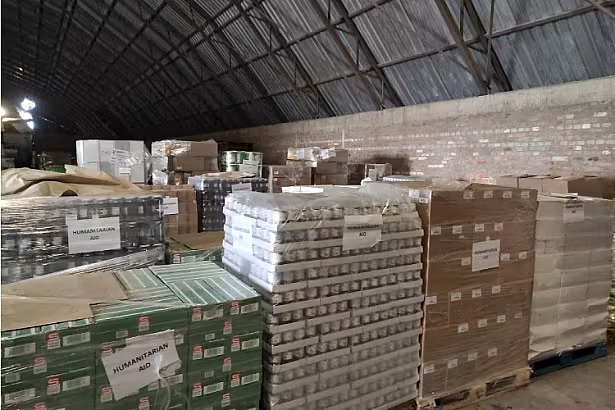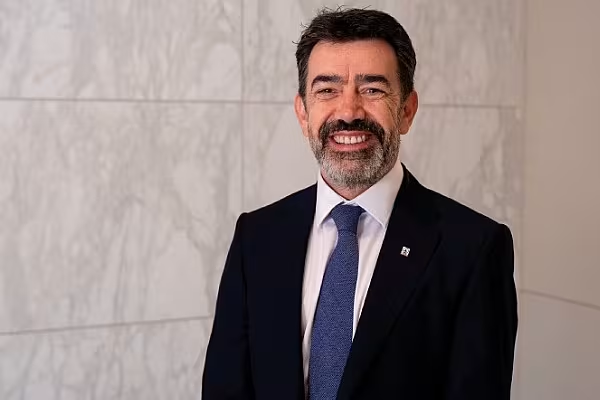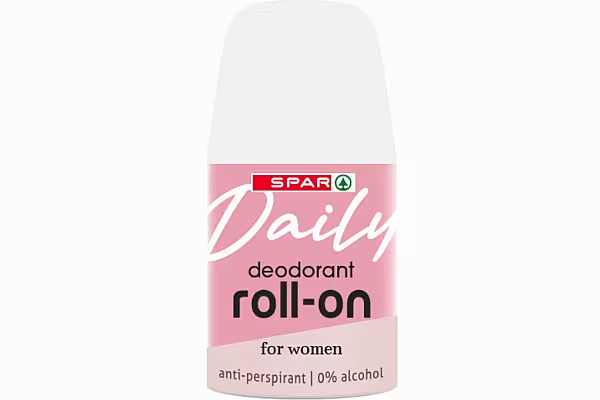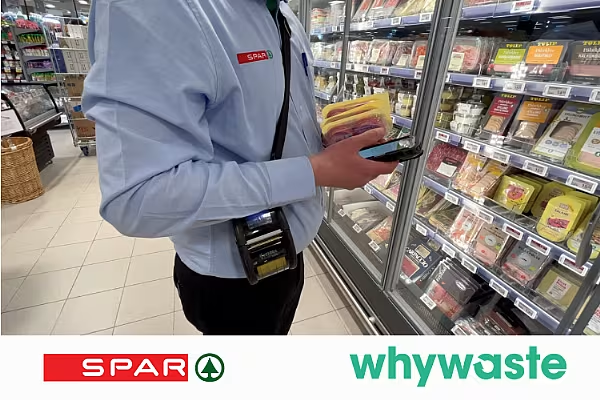The conflict in Ukraine has led to a humanitarian effort the likes of which Europe hasn't seen for decades, with retailers and consumer goods firms at the forefront. Stephen Wynne-Jones reports. A full-length version of this article can be found in the ESM March/April 2022 edition.
The morning of 24 February 2022 will live long in the memory of many Ukrainians, as the worst-case scenario that many had feared finally came to pass.
Describing Russia’s incursion into Ukraine as a “a brutal act of war”, As NATO Secretary General Jens Stoltenberg observed that the peace in Europe had been “shattered”, with France’s Emmanuel Macron noting that “war in Europe does not only belong to history books any more”, and Germany’s Olaf Scholz suggesting that it marked a “turning point in the history of our continent”.
With that in mind, the European retail and consumer goods sector has stepped up to the plate – organising fundraising drives, logistics support, and other humanitarian relief efforts.
At the same time, retailers within Ukraine are demonstrating unparalleled bravery and perseverance in keeping stores open, keeping shelves stocked and keeping their local communities fed and nourished.
With the conflict evolving every day, ESM spoke to a number of retailers and suppliers either directly trading in Ukraine, or involved in orchestrating supply chain support and humanitarian efforts.
Gintautas Pavalkis, Novus
Gintautas Pavalkis is a board member at Ukrainian retailer Novus, which operates 92 stores in the country, the majority of which are located in and around the capital, Kyiv. As the conflict broke out, Novus said on its Facebook page that it was facing ‘significant difficulties’ in the supply of some products, while its bakers were working ‘day and night’ to ensure fresh bread is on offer in its stores.
“We are the key to the civilian infrastructure in many ways, as we have food. Also, we have the supply chain, we are able to source products, both inside and outside Ukraine, and get them into the hands of the customer. Now, many of those links in the supply chain are broken, but we are still able to maintain the core competencies that enabled us to build our supply chain in the first place.
“For us, one of the key challenges is having enough employees to open the stores. That’s challenge number one. Number two is to be able to actually deliver the goods that we have, from the central warehouse to the stores in Kyiv. We haven’t been able to do that for quite a few of them. We can’t risk it, and some local authorities are advising us to keep our stores closed due to fighting.
"So we need to figure out what stores we can open, and make sure we have sufficient supplies – at least enough to be able to open the doors and serve our customers.
“The morale of our people is pretty high. We are trying where possible to ensure the safety of our employees, because the situation on the ground is pretty tense. But when they see people queueing up outside the store, before it is even open, that’s encouragement to go in and open it. They are thankful that we are there to help them."

Humanitarian aid from SPAR International
Tobias Wasmuht, SPAR International
Tobias Wasmuht is the managing director of SPAR International, of which SPAR Ukraine is a member. The SPAR Ukraine business is operated by VolWest Group, an independent business led by Viktor Korsak and his family, who have 75 stores across the country. Since the conflict broke out, the wider SPAR community has established a comprehensive suite of supports for those affected by the crisis, and is also using its longstanding partnership with Malteser International to ensure vital support and aid can be delivered to those that need it.
“For us, priority number one has been on supporting the humanitarian efforts, whether that involves transport, logistics, supply chain, or building connections. We are constantly engaging with our teams in Ukraine and in neighbouring countries like Poland.
“When the conflict initially broke, we acted quickly to put together a support fund, which was made possible thanks to our worldwide partner network. Liquidity in the supply chain was massively important, because overnight, everything changed. Suppliers started demanding cash on delivery, many had to stop production, and retailers had to find new hub and spoke procurement networks in the first few days.
“Parallel to that, we put together a list of essential products that needed to get to the people of Ukraine. We asked the various countries to donate, and we consolidated here in the Netherlands, and also in our operations in Poland. The response from our organisation was phenomenal, truckloads of groceries, non-food, diapers, infant formula.
“We get daily updates from our colleagues in Ukraine, and around 90% of our stores have been able to remain open. For some, that might only be for a few hours a day, when it is safe to do so. But Viktor and his team are telling us that morale is high, higher than ever before – they are doing everything they can.
“We saw the same thing during the COVID crisis – the provision of food is an essential part of life. They’re the lifeline. They’re embedded in their community. And they’re stepping up and doing tremendous work. We are seeking to support them in any way we can.”

Profi Rom Food has established a comprehensive range of supports
Paweł Musial, Profi Rom Food
Paweł Musial is the chief executive of Profi Rom Food, Romania’s largest supermarket chain, a position he has held since April 2020. He also has extensive experience working in Ukraine, where he was chairman and CEO of the Eko-market chain, and Russia, where he previously headed up the Perekrestrok business, as well as holding a position on the board of X5 Retail Group. Since the conflict broke out, Musial and his team have developed a support platform, profi.ro/ajutor-ucraina.
“When the conflict started, around 200 of our employees worked through the night to prepare support packages, containing food, water, medicine, SIM cards, and printed information on the most important telephone numbers in Romania for those that were seeking to cross the border.
“We also set about accommodating refugees – lots of Profi employees, including management, have welcomed refugee families into our homes. On top of that, I was in contact with the mayor of Kyiv, Vitali Klitschko, and his deputy, Kostiantyn Usov, and we organised transportation of eight electrical generators so that they could maintain power in their hospitals.
“For us – and I would appeal to other retailers as well – rather than make a symbolic gesture or send money, it’s more important to act directly with Ukraine, on sending them goods. Provide them with direct help, supply them with the products that they need in these difficult times. And every single day counts, every hour counts."
Mikhail Skvorchynskyi, Stay With Ukraine
Up until recently, Mikhail Skvorchynskyi worked in brand development. Since the conflict broke out, he has turned his attention to building humanitarian connections with organisations across Europe under an initiative called ‘Stay With Ukraine’. The main goal of this is to unite most of the approved humanitarian organisations within Ukraine with logistics operators, warehouses and customs departments, and to connect this team with any other organisations that are willing to help.
“Because I have a lot of connections, I wanted to see what I could do to help. Rather than going to the front line and building walls of sand bags, I decided to work from morning until night, engaging as much as I could with supermarket chains, factories and distributors, on ways that they could support the people of Ukraine. This is how Stay With Ukraine was born.
“There’s no time to waste – every second, potentially someone could die. We don’t have time to process money transfers, it’s more important that we get products into the hands of people that need them – either bringing it directly to the border, or organising it in a warehouse for collection.
“Stay With Ukraine is more than an organisation, it’s a brand that connects all the other organisations that are willing to help. We need to feed people, we need to bring them medicine, we need to build a simple, understandable system through which goods can be supplied to those in need.”
Should any ESM reader wish to get involved with the ‘Stay With Ukraine’ campaign, please contact us at steve@esmmagazine.com and we can put you in touch with Mikhail.

© 2022 European Supermarket Magazine – your source for the latest A-brand news. Article by Stephen Wynne-Jones. Click subscribe to sign up to ESM: European Supermarket Magazine.














